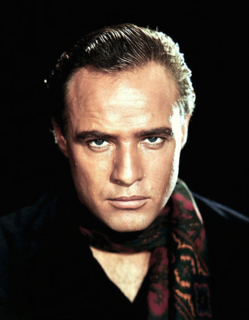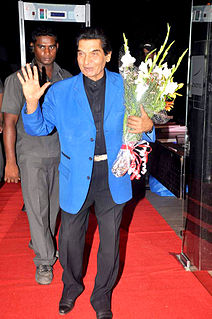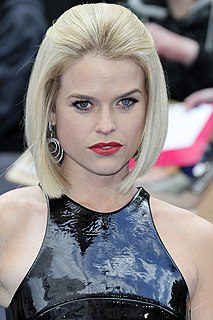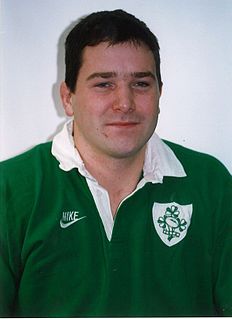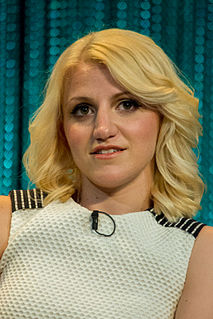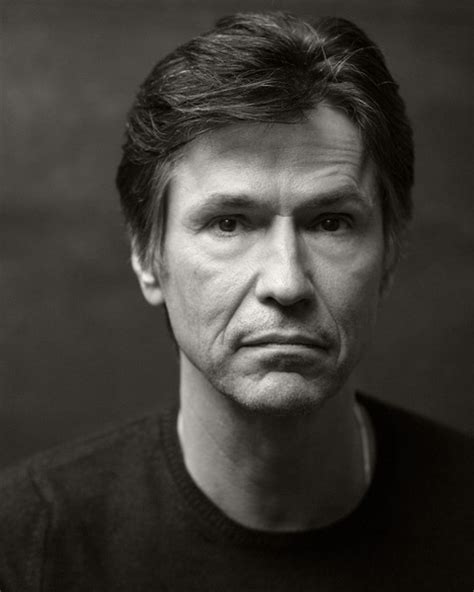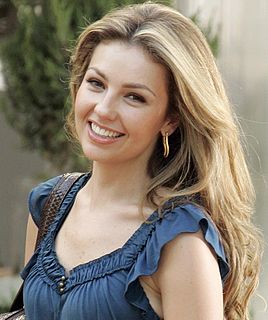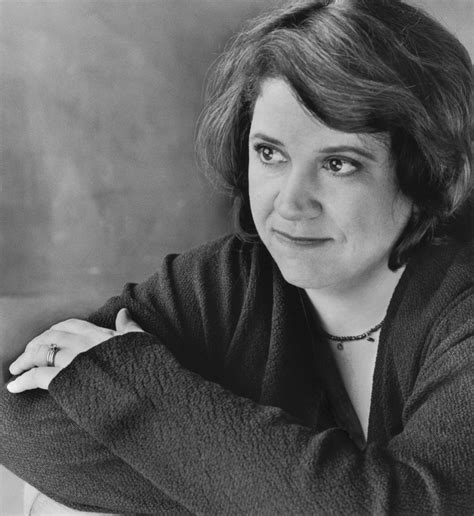A Quote by Marlon Brando
In a close-up, the audience is only inches away, and your face becomes the stage.
Related Quotes
In film, the camera can get an array of shots so the audience can see the emotion the character is giving off. Using close-ups on the character's face really helps get the message across. On stage, you can't do that. But the stage has that live feeling that you can't get anywhere else because the audience is right there.
In film, the camera can get an array of shots so the audience can see the emotion the character is giving off. Using close-ups on the characters face really helps get the message across. On stage, you cant do that. But the stage has that live feeling that you cant get anywhere else because the audience is right there.
On camera, the audience can see your eyes close up - they can see behind your eyes - and when you're on stage, you need to make sure that the person sitting in the back row can feel what's happening behind your eyes, even if they can't see them. Having a live audience is exhilarating and exciting all on its own, but you know, it is quite different.
Normally classical music is set up so you have professionals on a stage and a bunch of audience - it's us versus them. You spend your entire time as an audience member looking at the back of the conductor so you're already aware of a certain kind of hierarchy when you are there: there are people who can do it, who are on stage, and you aren't on stage so you can't do it. There's also a conductor who is telling the people who are onstage exactly what to do and when to do it and so you know that person is more important than the people on stage.
Slowly, gently night unfurls its splendor. Grasp it, sense it, tremulous and tender. Turn your face away from the garish light of day, turn your thoughts away from cold, unfeeling light, and listen to the music of the night... Close your eyes and surrender to your darkest dreams, purge your thoughts of the life you knew before. Close your eyes, let your spirit start to soar, and live, as you never lived before!
You know, you're doing the same show every day, and your inspiration, you have to look no further than the fact that you know people travel across the country to see you. In a lot of cases, this is that audience's only chance to see the thing, and so, that's what gets you up in the morning, and that's what gets you giving your best performance on stage, is the awareness that this audience is ready for it, and here to have an experience, and so in turn are you.
You see, what is my purpose of performance artist is to stage certain difficulties and stage the fear the primordial fear of pain, of dying, all of which we have in our lives, and then stage them in front of audience and go through them and tell the audience, 'I'm your mirror; if I can do this in my life, you can do it in yours.'
You see, what is my purpose of performance artist is to stage certain difficulties and stage the fear the primordial fear of pain, of dying, all of which we have in our lives, and then stage them in front of audience and go through them and tell the audience, I'm your mirror; if I can do this in my life, you can do it in yours.
I've always known that the best part of writing occurs before you've picked up a pen. When a story exists only in your mind, its potential is infinite; it's only when you start pinning words to paper that it becomes less than perfect. You have to make your choices, set your limits. Start whittling away at the cosmos, and don't stop until you've narrowed it down to a single, ordinary speck of dirt. And in the end, what you've made is not nearly as glorious as what you've thrown away.
Sometimes you can do certain things on stage, or even in a TV series, and people see the look on your face and they know what you mean, so you can get away with certain things. But if you can't create that look on an animated character, which is essentially a puppet, the line will hit the audience in a very bad way.
